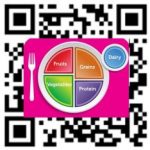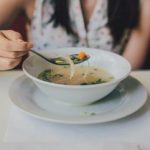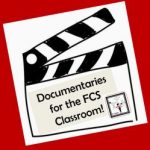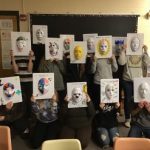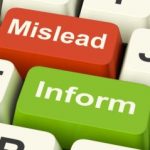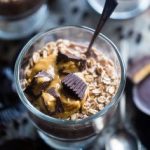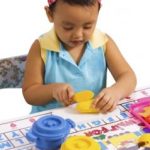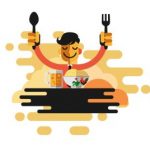
Talking point lessons may just become a reoccurring series! I love when I stumble upon a topic that is both interesting and engaging, but doesn’t require a lot of time and effort. These types of lessons are great for sub plans, unexpected assemblies, early dismissals or weather delays that can wreak havoc on keeping classes on the same timeline. Many districts are requiring teachers to present their students with e-lessons on snow days. What better way to do this than with a talking points lesson that you can cater and adapt to your needs! This lesson and activity revolve around “mindful eating” because most of us often do the opposite! So, learn more about how you and your students can become more mindful of your eating! On a side note, if you have a topic that might lend itself well to a talking points lesson and/or activity, please let me know in the comment section below and I’ll see what I can do!


